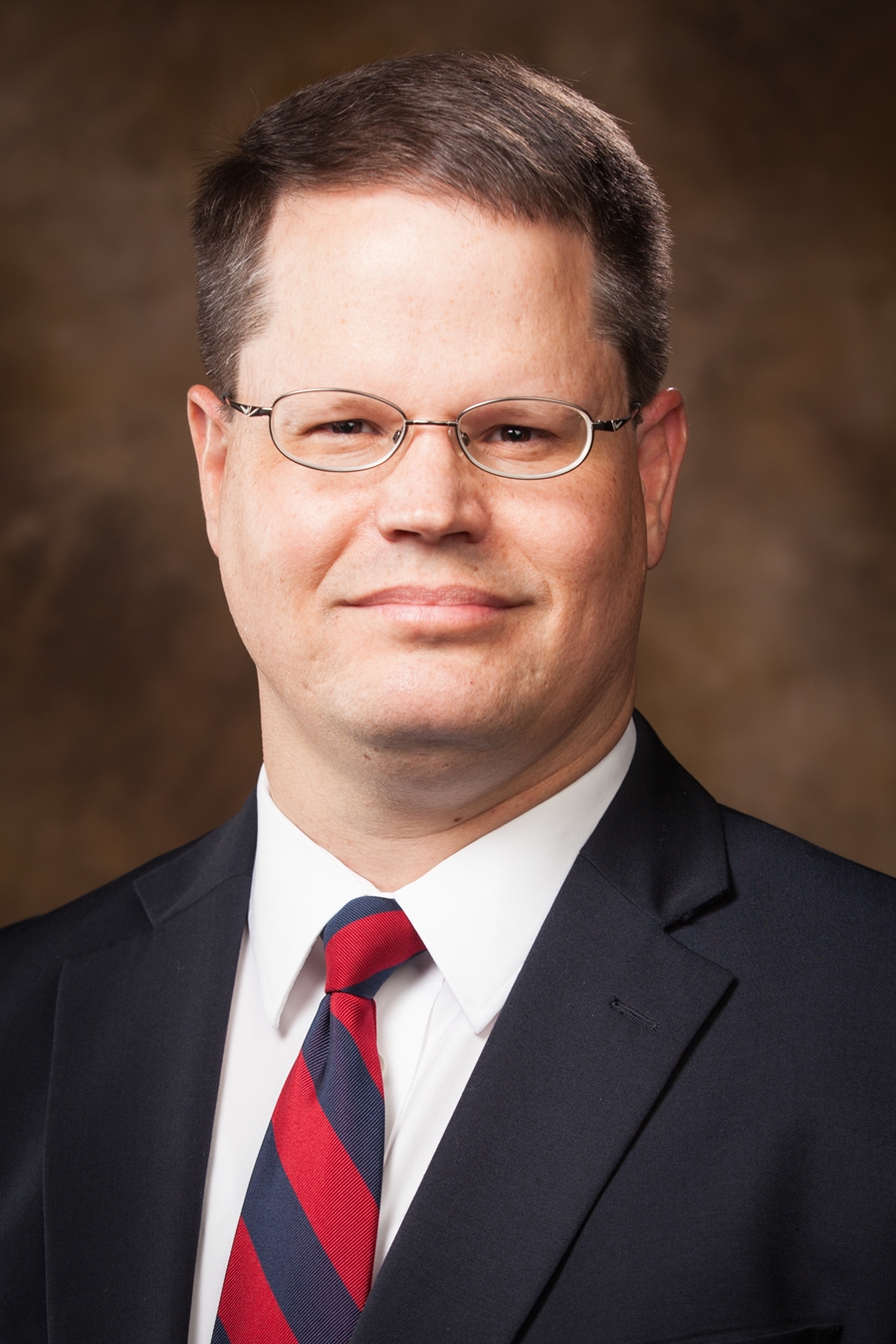FAYETTEVILLE, Ark. – A geospatial science expert at the University of Arkansas will help refine international guidelines for greenhouse gas inventories that will be considered for adoption by the Intergovernmental Panel on Climate Change.
The panel, known as IPCC, was created to provide policymakers with regular assessments of the scientific basis of climate change, its impacts and future risks, and options for adaptation and mitigation.
Jason Tullis, an associate professor of geosciences in the J. William Fulbright College of Arts and Sciences, is an expert in analyzing satellite imagery and other geospatial data to evaluate a country’s land base and detecting land use conversions, such as from forest to farmland. He will travel next month with 10 other U.S. scientists to participate in an IPCC “scoping meeting” in Minsk, Belarus. The meeting will start and accelerate the formal process of updating the 2006 IPCC Guidelines for National Greenhouse Gas Inventories.
“The scientific consensus is that human activities are influencing climate change through a greenhouse effect, and that reducing emissions is well worth the effort,” Tullis said. “Rapidly advancing geospatial science, including remote sensing and geographic information systems, is an essential component in national inventories and will be an important factor in the refinement of the guidelines.”
In December, parties to the United Nations Framework Convention on Climate Change reached the Paris Agreement, which requires regular national greenhouse gas inventories based on transparent application of these guidelines. While the IPCC actively promotes international scientific cooperation, it does not set climate change policy, Tullis explained. It is up to national governments to apply scientific methodology to estimate energy use, land areas, and other activity data for use in their inventories, and to determine successful policy, he said.
In Minsk, Tullis will help set the scope for a methodology report that will be generated, and pending a formal approval process, will be adopted in 2019 by signatories to the Paris Agreement. Those signatories will use the report to estimate their national greenhouse gas inventories going into the next decade.
Tullis has served as a technical adviser to the U.S. Environmental Protection Agency’s Climate Change Division. He collaborated with scientists in Colorado State University’s Natural Resource Ecology Laboratory and others to develop geospatial methods that improve the calculation of greenhouse gas emissions and removals based on activity data, such as land use conversion.
“Land use conversions across multiple time periods are combined with soil, climate and ecosystem information, as well as with energy use, and other activity data,” he said. “All of this contributes to calculated estimates of greenhouse gas emissions into and removals from Earth’s atmosphere over time.”
Tullis is a researcher in the U of A’s Center for Advanced Spatial Technologies. He also provides expertise for SERVIR, a joint development initiative of NASA and the United States Agency for International Development. SERVIR works in partnership with leading worldwide organizations to help developing countries use information provided by Earth observing satellites and geospatial technologies to improve food security and disaster preparedness, as well as for managing climate risks and land use.
About the University of Arkansas: The University of Arkansas provides an internationally competitive education for undergraduate and graduate students in more than 200 academic programs. The university contributes new knowledge, economic development, basic and applied research, and creative activity while also providing service to academic and professional disciplines. The Carnegie Foundation classifies the University of Arkansas among only 2 percent of universities in America that have the highest level of research activity. U.S. News & World Report ranks the University of Arkansas among its top American public research universities. Founded in 1871, the University of Arkansas comprises 10 colleges and schools and maintains a low student-to-faculty ratio that promotes personal attention and close mentoring.
Contacts
Jason Tullis, associate professor, Department of Geosciences
J. William Fulbright College of Arts and Sciences
479-575-8784, jatullis@uark.edu
Chris Branam, research communications writer/editor
University Relations
479-575-4737, cwbranam@uark.edu
